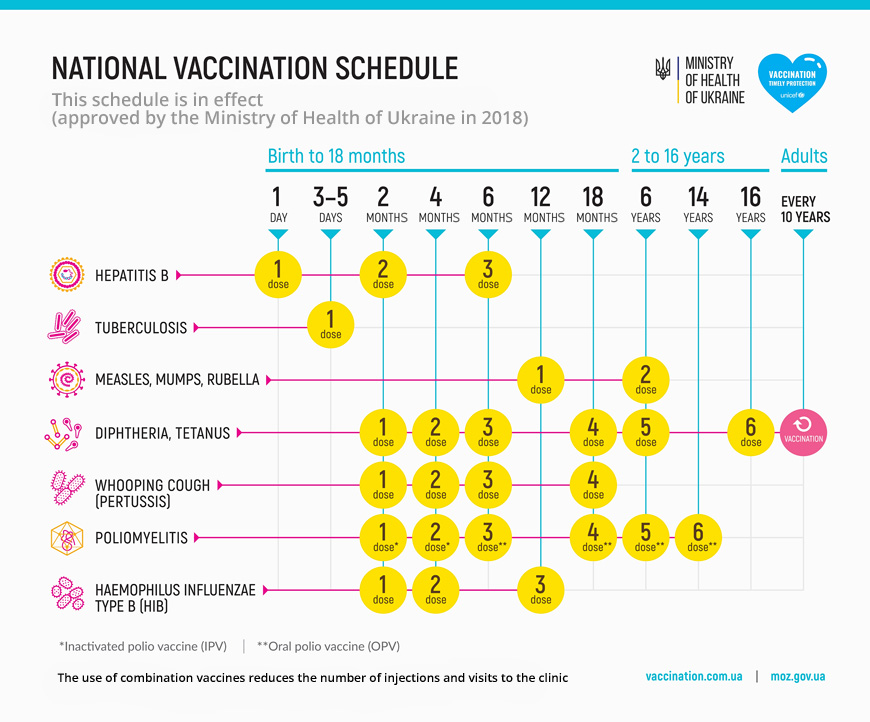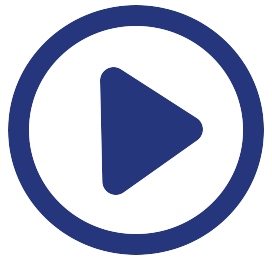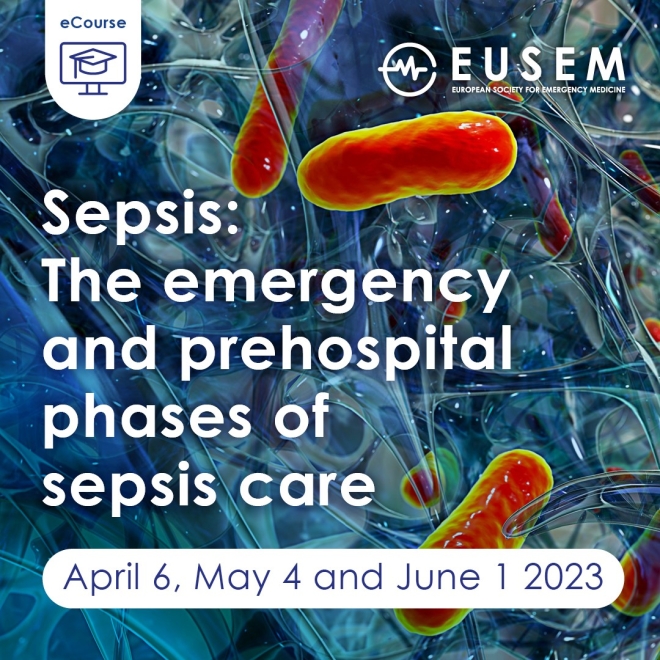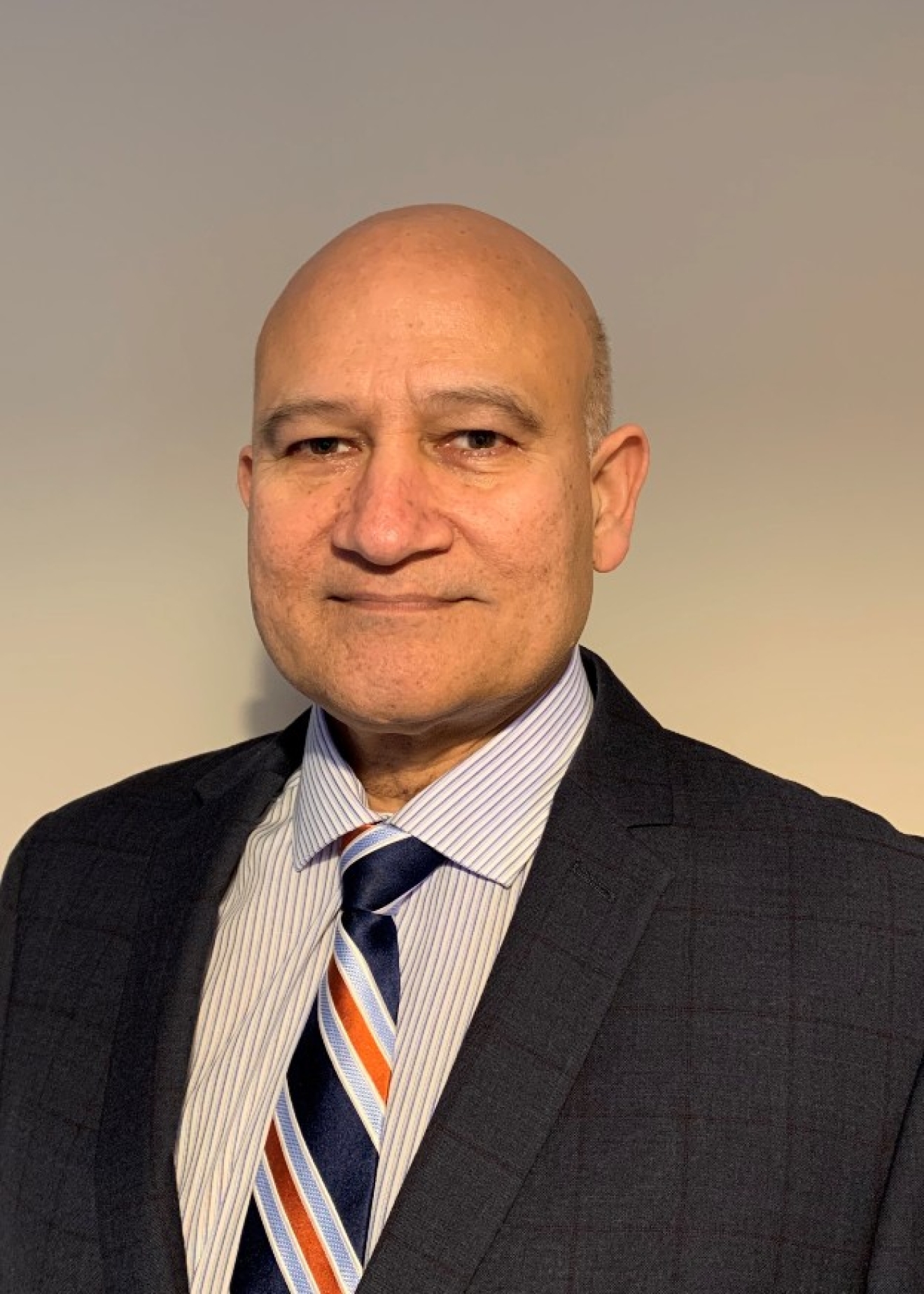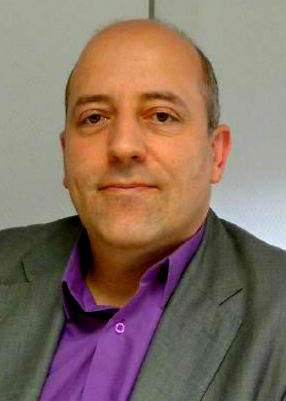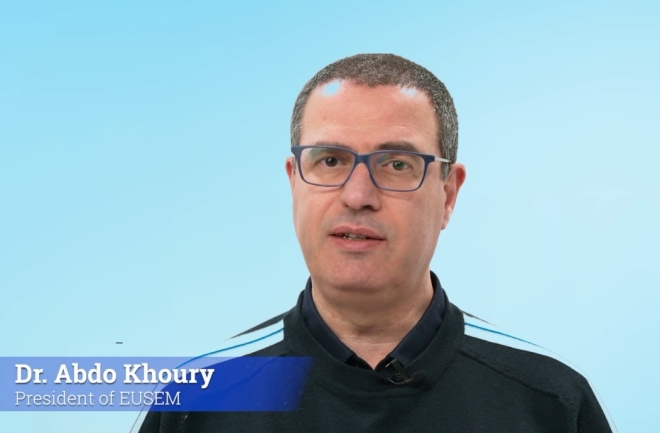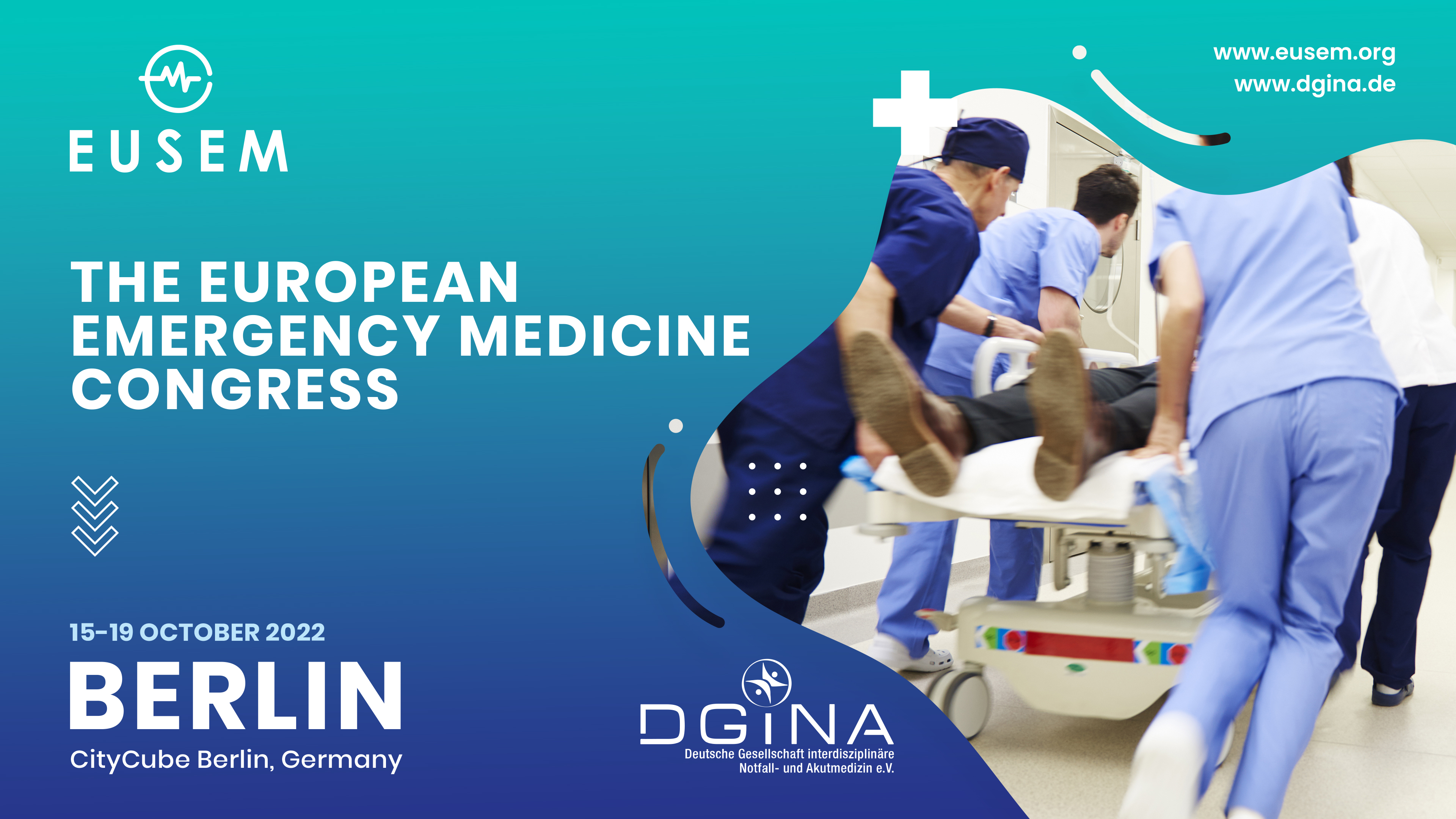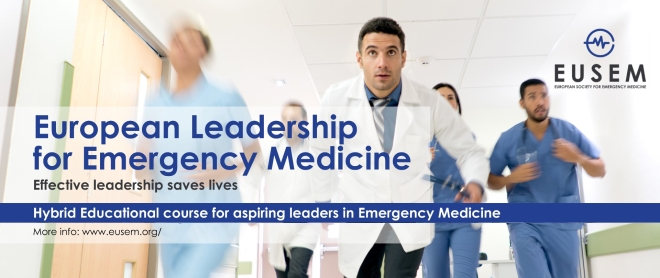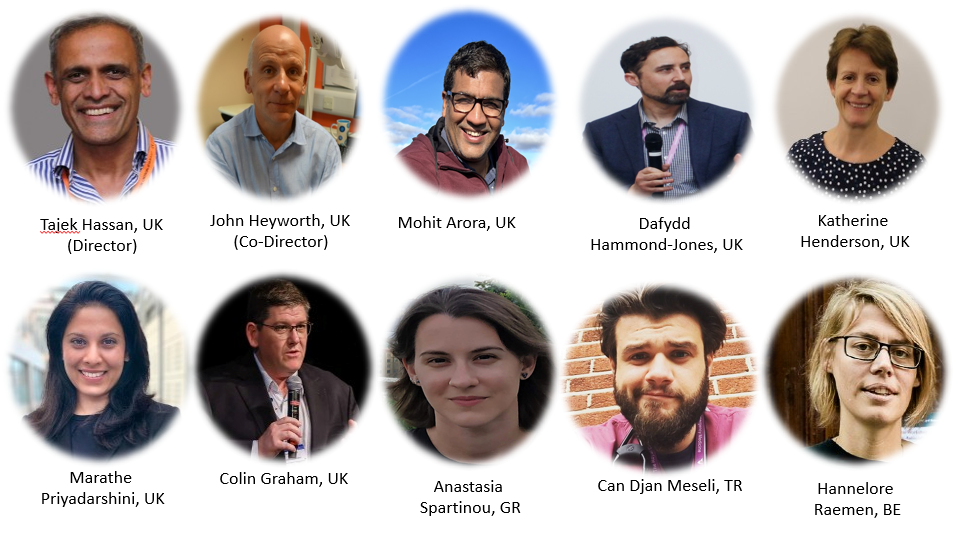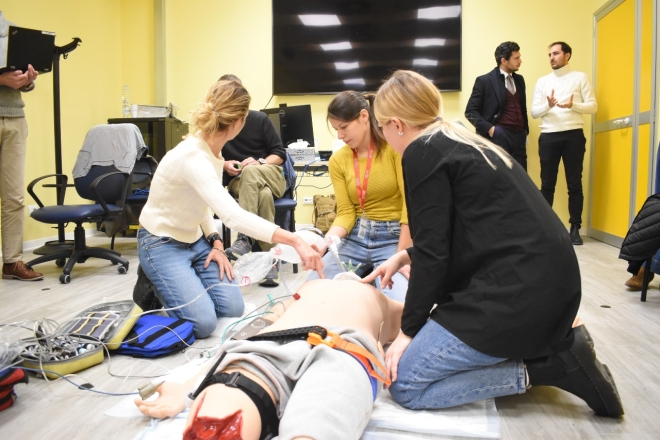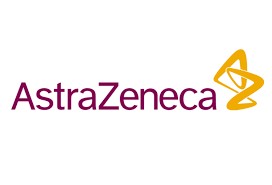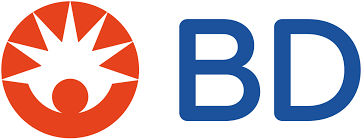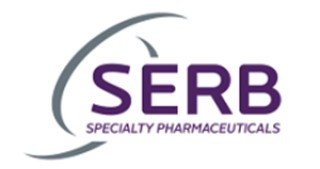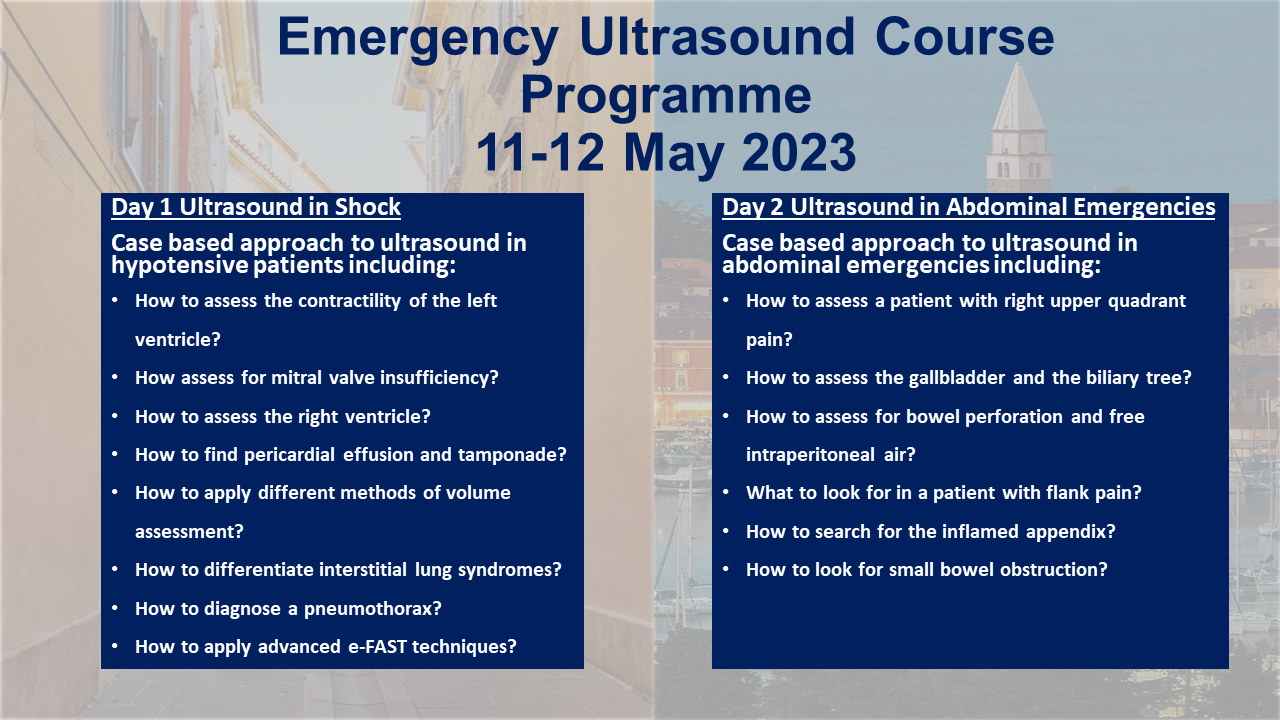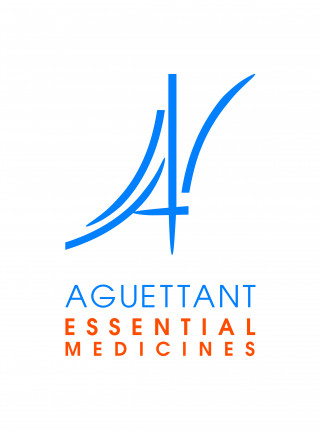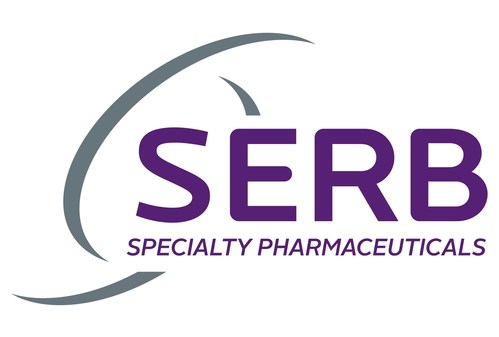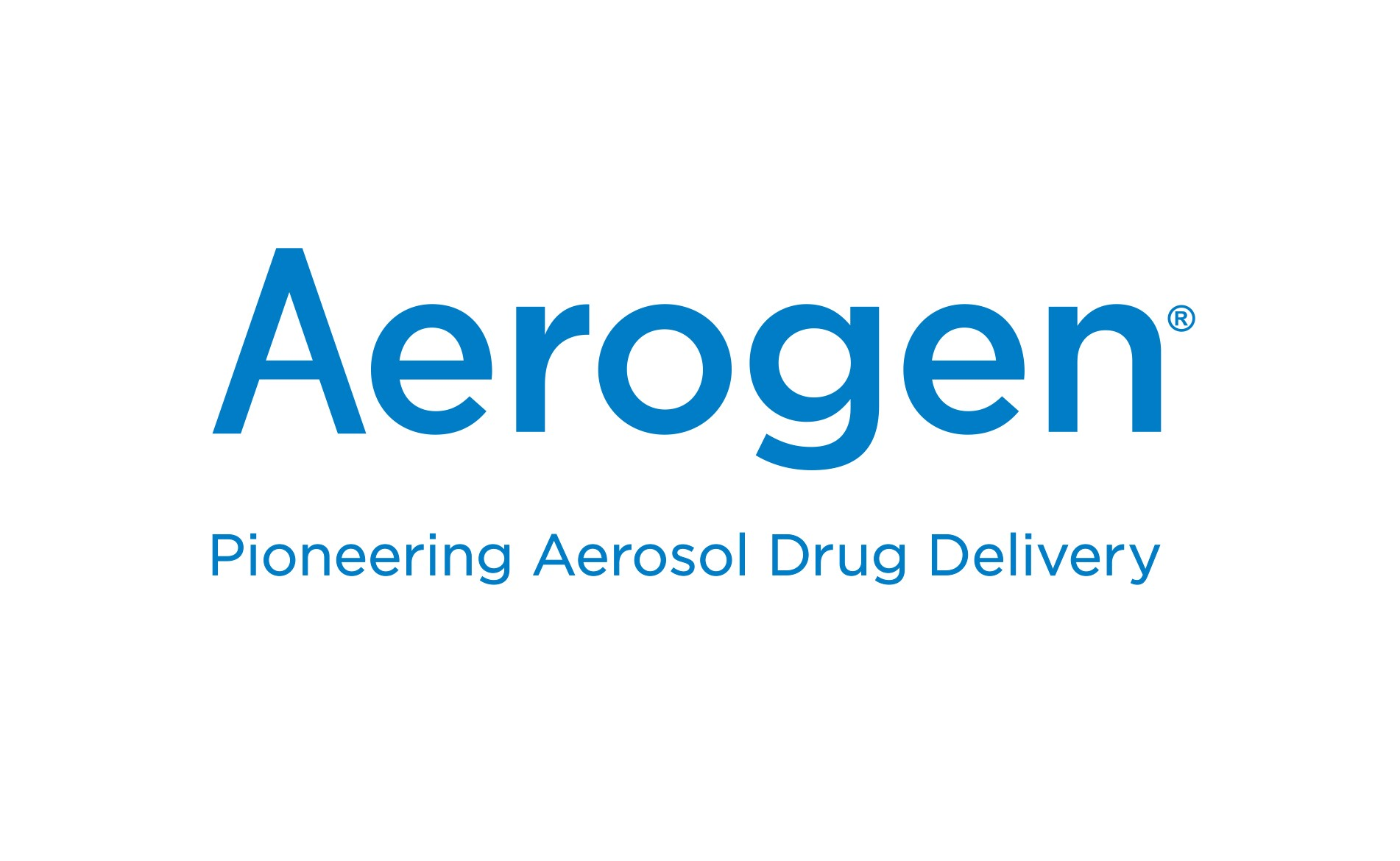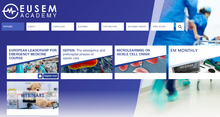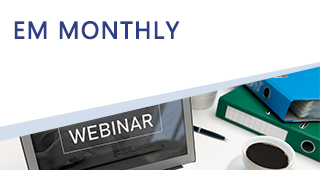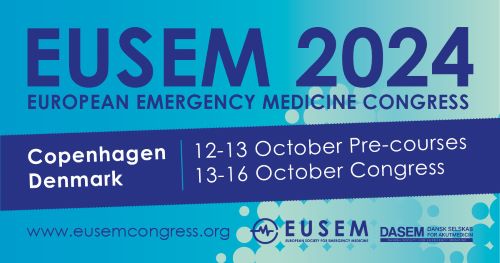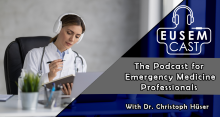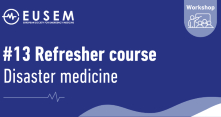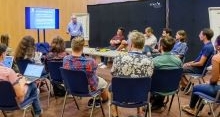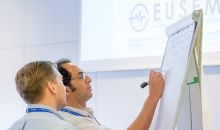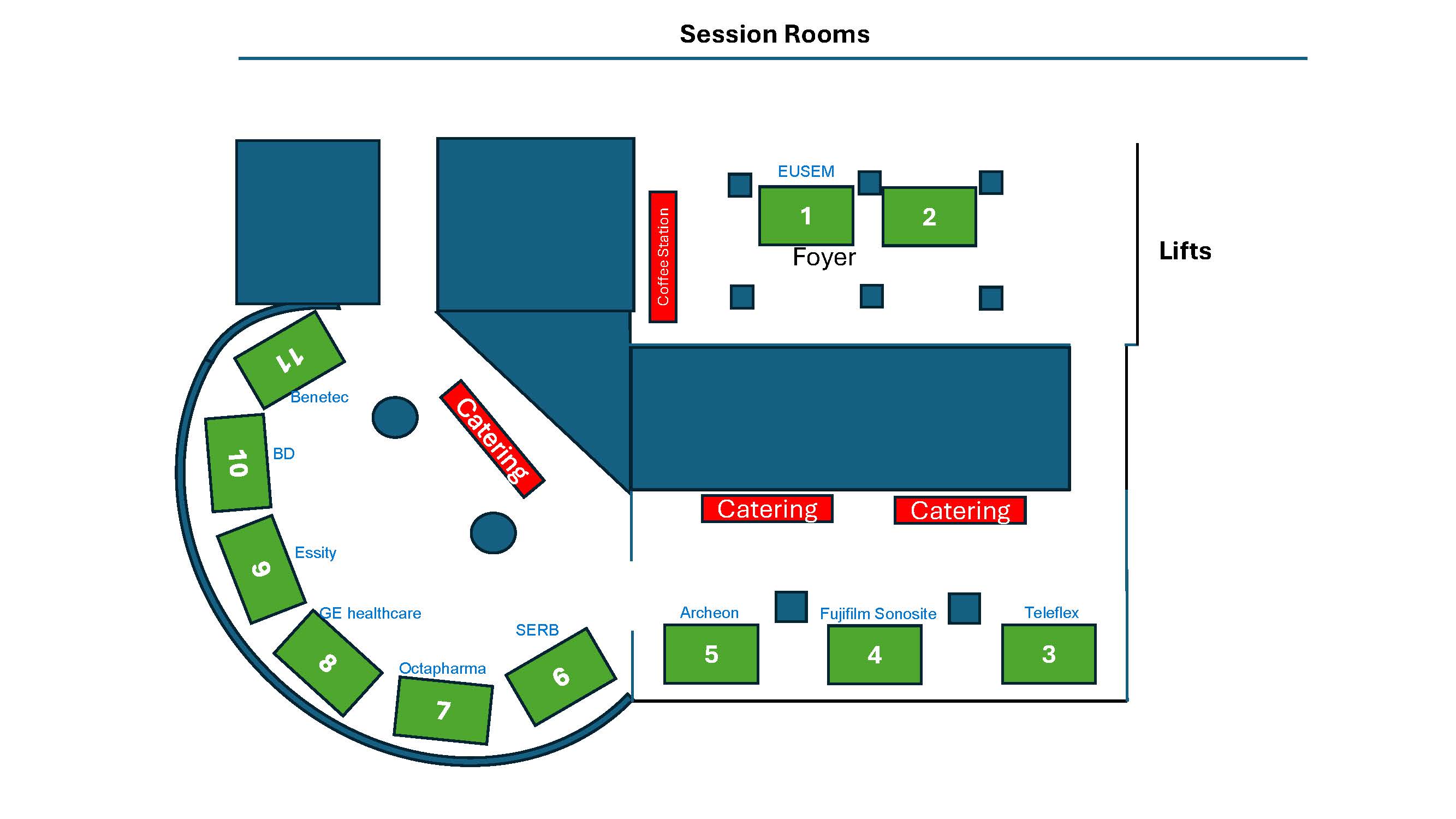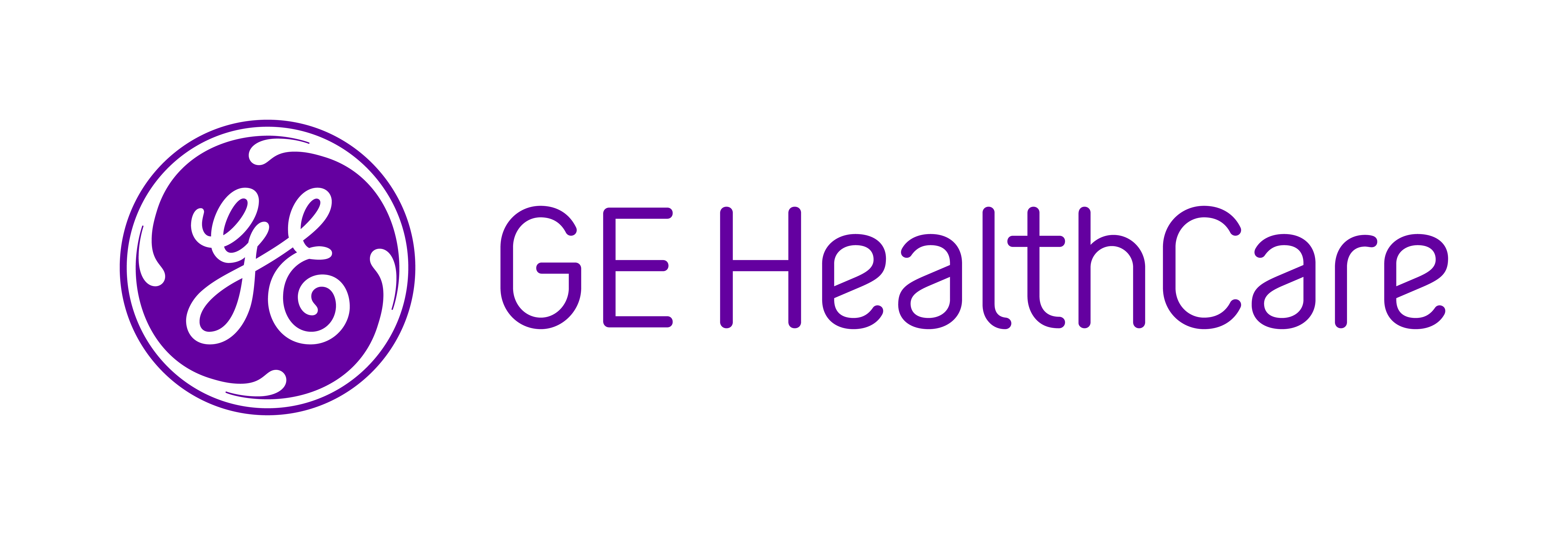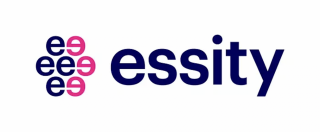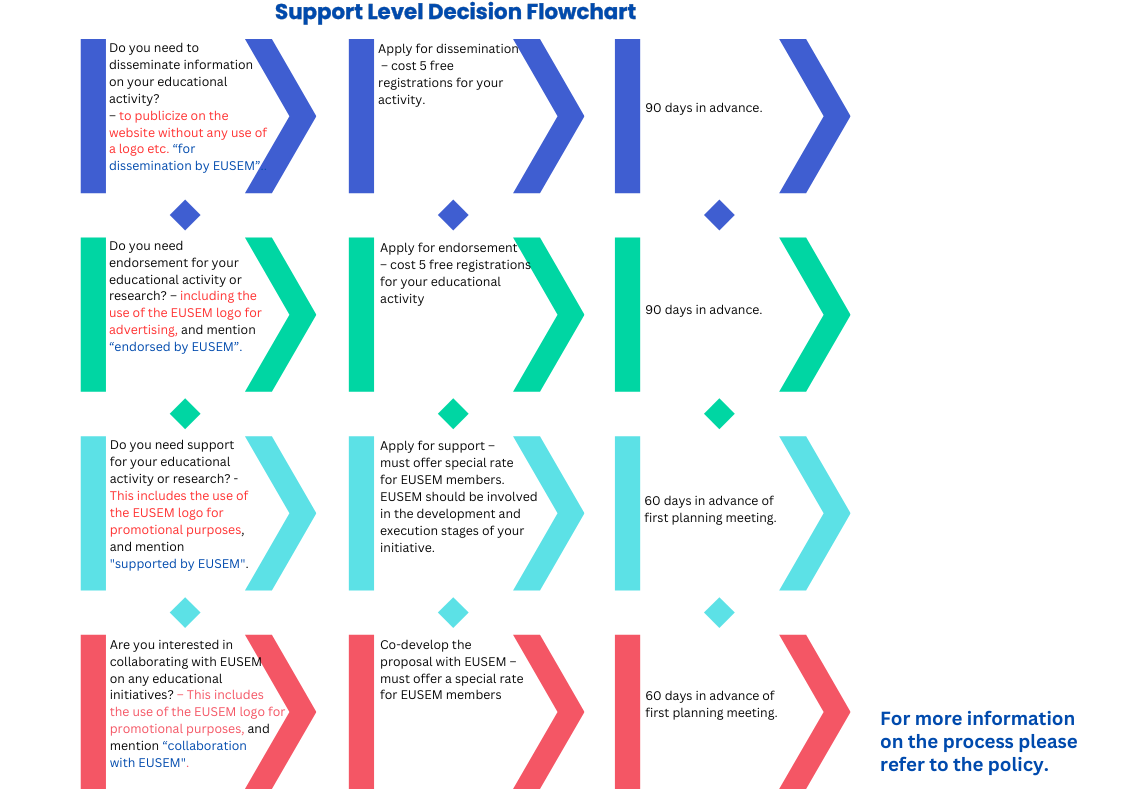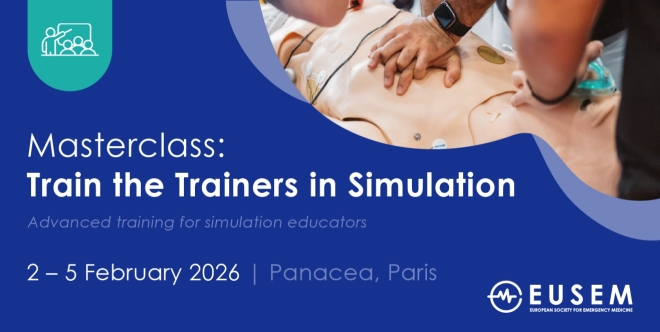publications
Epidemiology of patients presenting with dyspnea to emergency departments in Europe and the Asia-Pacific region.
Laribi S, Keijzers G, van Meer O, Klim S, Motiejunaite J, Kuan WS, Body R, Jones P, Karamercan M, Craig S, Harjola VP, Holdgate A, Golea A, Graham C, Verschuren F, Capsec J, Christ M, Grammatico-Guillon L, Barletta C, Garcia-Castrillo L, Kelly AM; AANZDEM and EURODEM study groups.Eur J Emerg Med. 2019 Oct;26(5):345-349. doi: 10.1097/MEJ.0000000000000571.PMID: 30169464
https://pubmed.ncbi.nlm.nih.gov/30169464/
Seasonal variations of patients presenting dyspnea to emergency departments in Europe: Results from the EURODEM Study.
Karamercan MA, Dündar ZD, Ergin M, VAN Meer O, Body R, Harjola VP, Verschuren F, Christ M, Golea A, Capsec J, Barletta C, Garcia-Castrillo L, Altuncı YA, Katırcı Y, Kelly AM, Laribi S.Turk J Med Sci. 2020 Dec 17;50(8):1879-1886. doi: 10.3906/sag-2002-221.PMID: 32562519
https://pubmed.ncbi.nlm.nih.gov/32562519/
Epidemiology, treatment and outcome of patients with lower respiratory tract infection presenting to emergency departments with dyspnoea (AANZDEM and EuroDEM studies).
Rousseau G, Keijzers G, van Meer O, Craig S, Karamercan M, Klim S, Body R, Kuan WS, Harjola VP, Jones P, Verschuren F, Holdgate A, Christ M, Golea A, Capsec J, Barletta C, Graham CA, Garcia-Castrillo L, Laribi S, Kelly AM.Emerg Med Australas. 2021 Feb;33(1):58-66. doi: 10.1111/1742-6723.13567. Epub 2020 Aug 3.PMID: 32748553
https://pubmed.ncbi.nlm.nih.gov/32748553/
Get with the guidelines: management of chronic obstructive pulmonary disease in emergency departments in Europe and Australasia is sub-optimal.
Kelly AM, Van Meer O, Keijzers G, Motiejunaite J, Jones P, Body R, Craig S, Karamercan M, Klim S, Harjola VP, Verschuren F, Holdgate A, Christ M, Golea A, Graham CA, Capsec J, Barletta C, Garcia-Castrillo L, Kuan WS, Laribi S; AANZDEM and EuroDEM Study Groups.Intern Med J. 2020 Feb;50(2):200-208. doi: 10.1111/imj.14323.PMID: 30989793
https://pubmed.ncbi.nlm.nih.gov/30989793/
Treatment and outcome of adult patients with acute asthma in emergency departments in Australasia, South East Asia and Europe: Are guidelines followed? AANZDEM/EuroDEM study.
Craig S, Kuan WS, Kelly AM, Van Meer O, Motiejunaite J, Keijzers G, Jones P, Body R, Karamercan MA, Klim S, Harjola VP, Verschuren F, Holdgate A, Christ M, Golea A, Graham CA, Capsec J, Barletta C, Garcia-Castrillo L, Laribi S.Emerg Med Australas. 2019 Oct;31(5):756-762. doi: 10.1111/1742-6723.13242. Epub 2019 Feb 25.PMID: 30806041
https://pubmed.ncbi.nlm.nih.gov/30806041/
A European Emergency Medicine Research Network: a necessity achieved
Martin PL, Laribi S.Eur J Emerg Med. 2021 Jan 1;28(1):1-2. doi: 10.1097/MEJ.0000000000000785.PMID: 3336995
https://pubmed.ncbi.nlm.nih.gov/33369952/
[Epidemiology of patients presenting to the emergency room for dyspnea in Belgium].
Pfendler M, Ghuysen A, Vranckx M, Laribi S, Verschuren F.Rev Med Liege. 2021 Apr;76(4):273-279.PMID: 33830692 French.
https://pubmed.ncbi.nlm.nih.gov/33830692/
Opinion and practice survey about the use of prognostic models in acute pulmonary embolism.
Elias A, Schmidt J, Bellou A, Le Gal G, Roy PM, Mismetti P, Meyer G, Clarke M.Thromb Res. 2021 Feb;198:40-48. doi: 10.1016/j.thromres.2020.10.027. Epub 2020 Nov 1.PMID: 33278785
https://pubmed.ncbi.nlm.nih.gov/33278785/
Diagnosing, managing and preventing anaphylaxis: Systematic review.
de Silva D, Singh C, Muraro A, Worm M, Alviani C, Cardona V, DunnGlvin A, Garvey LH, Riggioni C, Angier E, Arasi S, Bellou A, Beyer K, Bijlhout D, Bilo MB, Brockow K, Fernandez-Rivas M, Halken S, Jensen B, Khaleva E, Michaelis LJ, Oude Elberink H, Regent L, Sanchez A, Vlieg-Boerstra B, Roberts G; European Academy of Allergy and Clinical Immunology Food Allergy and Anaphylaxis Guidelines Group.Allergy. 2021 May;76(5):1493-1506. doi: 10.1111/all.14580. Epub 2020 Sep 29.PMID: 32880997
https://pubmed.ncbi.nlm.nih.gov/32880997/
Recommendations on pre-hospital & early hospital management of acute heart failure: a consensus paper from the Heart Failure Association of the European Society of Cardiology, the European Society of Emergency Medicine and the Society of Academic Emergency Medicine.
Mebazaa A, Yilmaz MB, Levy P, Ponikowski P, Peacock WF, Laribi S, Ristic AD, Lambrinou E, Masip J, Riley JP, McDonagh T, Mueller C, deFilippi C, Harjola VP, Thiele H, Piepoli MF, Metra M, Maggioni A, McMurray J, Dickstein K, Damman K, Seferovic PM, Ruschitzka F, Leite-Moreira AF, Bellou A, Anker SD, Filippatos G.Eur J Heart Fail. 2015 Jun;17(6):544-58. doi: 10.1002/ejhf.289. Epub 2015 May 21.PMID: 25999021
https://pubmed.ncbi.nlm.nih.gov/25999021/
Trends and prediction of antimicrobial susceptibility in urinary bacteria isolated in European emergency departments: the EuroUTI 2010-2016 Study.
Quaegebeur A, Brunard L, Javaudin F, Vibet MA, Bemer P, Le Bastard Q, Batard E, Montassier E; EuroUTI 2010-2016 Study Group.J Antimicrob Chemother. 2019 Oct 1;74(10):3069-3076. doi: 10.1093/jac/dkz274.PMID: 31257423
https://pubmed.ncbi.nlm.nih.gov/31257423/

